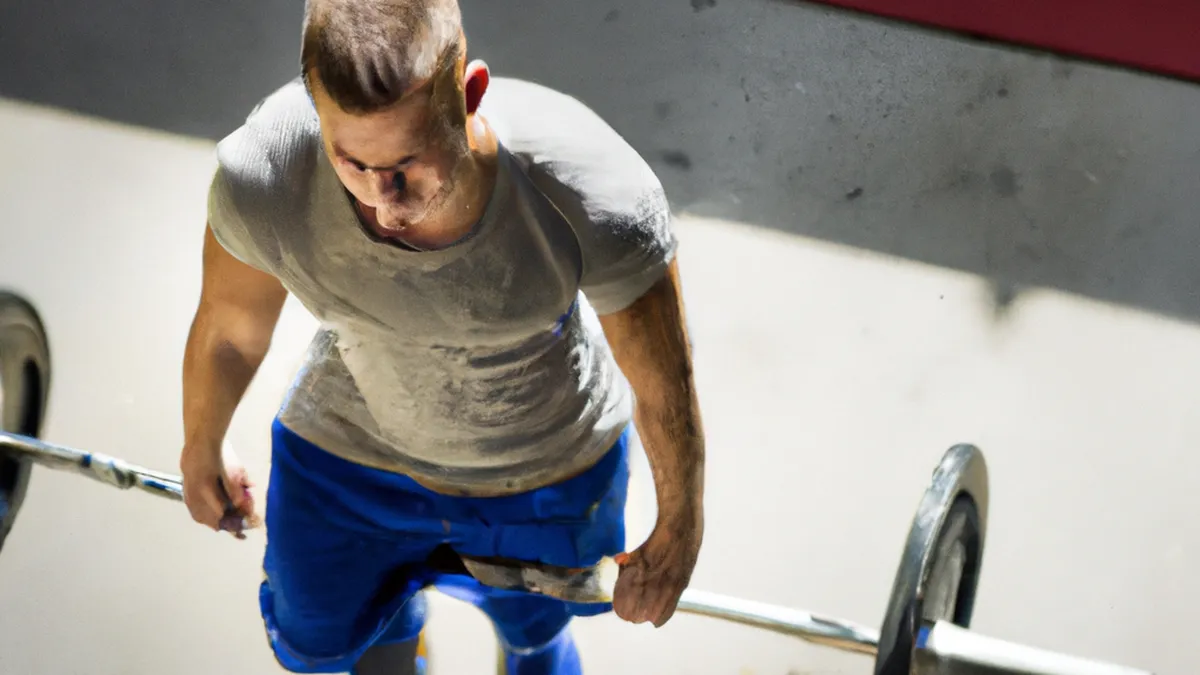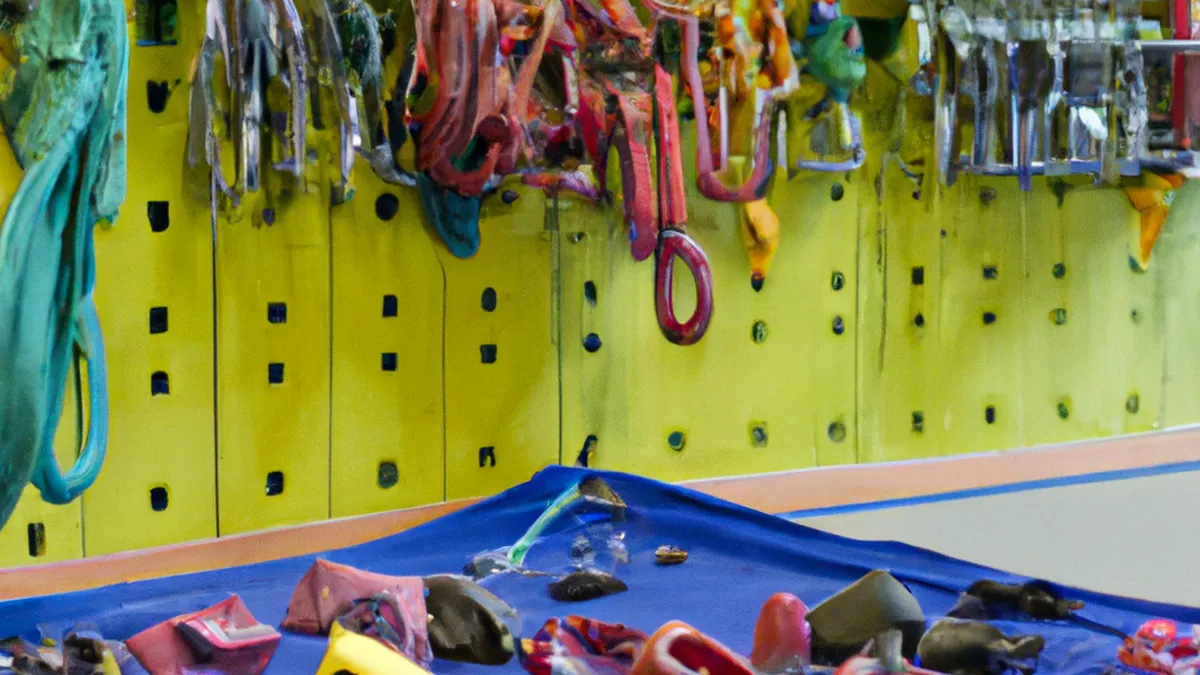Blast Your Workout: Battle Ropes for Seniors
How to Incorporate Battle Ropes into Active Aging Programs
Active aging programs promote physical fitness and enhance older adults’ quality of life. These programs encourage movement, social engagement, and holistic well-being, benefiting both physical and mental health. You can effectively integrate battle ropes into these programs to boost strength, coordination, and cardiovascular fitness.
This blog post explores how to incorporate battle ropes into active aging programs. We provide tips, advice, and highlight the benefits of using battle ropes for older adults while emphasizing safety and engagement.
Understanding Battle Ropes
Battle ropes are heavy, thick ropes anchored to a fixed point. Users create waves, slams, or spirals to engage multiple muscle groups. The dynamic nature of battle ropes allows for versatile workouts tailored to various fitness levels and abilities.
When introducing battle ropes to older adults, ensure proper technique and safety measures. Start with short sessions to build confidence and familiarity.
Tips for Incorporating Battle Ropes
1. Start Slow and Steady
Start slow when incorporating battle ropes. Older adults may need lighter ropes or shorter intervals to avoid fatigue and build confidence.
Introduce basic movements first. Begin with simple two-handed waves as the foundational exercise. This technique helps participants get comfortable with the ropes while focusing on form. Gradually increase intensity and complexity as they gain confidence.
2. Use Functional Movements
Incorporate battle ropes into functional training. Functional movements mimic daily activities and emphasize strength, balance, and coordination.
Combine battle rope exercises with squats or lunges. Transitioning from a squat to a wave enhances strength and coordination while improving mobility. This approach builds muscle and prepares participants for everyday tasks, contributing to their independence.
3. Create a Circuit
Design a circuit that includes battle ropes and other exercises for variety. A circuit provides a comprehensive workout targeting different muscle groups.
For example, alternate between battle rope waves, bodyweight squats, seated leg lifts, and light resistance bands. This combination offers a full-body workout, engaging various areas of the body.
4. Monitor Progress
Track participants’ progress over time for motivation and improvement. Use simple metrics like duration, intensity, or repetitions to measure progress.
Celebrate small victories to keep participants motivated. Recognize improvements, whether in duration or repetitions.
Conclusion
Incorporating battle ropes in active aging programs enhances fitness and engagement. Start slow, use functional movements, create circuits, and monitor progress for optimal results.
Below are related products based on this post:
FAQ
What are battle ropes and how do they benefit older adults in active aging programs?
Battle ropes are heavy, thick ropes anchored to a fixed point, used to create waves, slams, or spirals that engage multiple muscle groups. For older adults, they enhance strength, coordination, and cardiovascular fitness, promoting overall physical and mental well-being.
How can I start incorporating battle ropes into my active aging program?
Begin by starting slow with lighter ropes and shorter intervals to help participants build confidence. Introduce basic movements like two-handed waves first, then gradually increase intensity and complexity as they become more comfortable with the ropes.
What types of exercises can be combined with battle ropes for a comprehensive workout?
You can design a circuit that includes battle ropes alongside other exercises such as bodyweight squats, seated leg lifts, and light resistance band exercises. This variety targets different muscle groups and provides a full-body workout while enhancing strength, balance, and coordination.















Post Comment